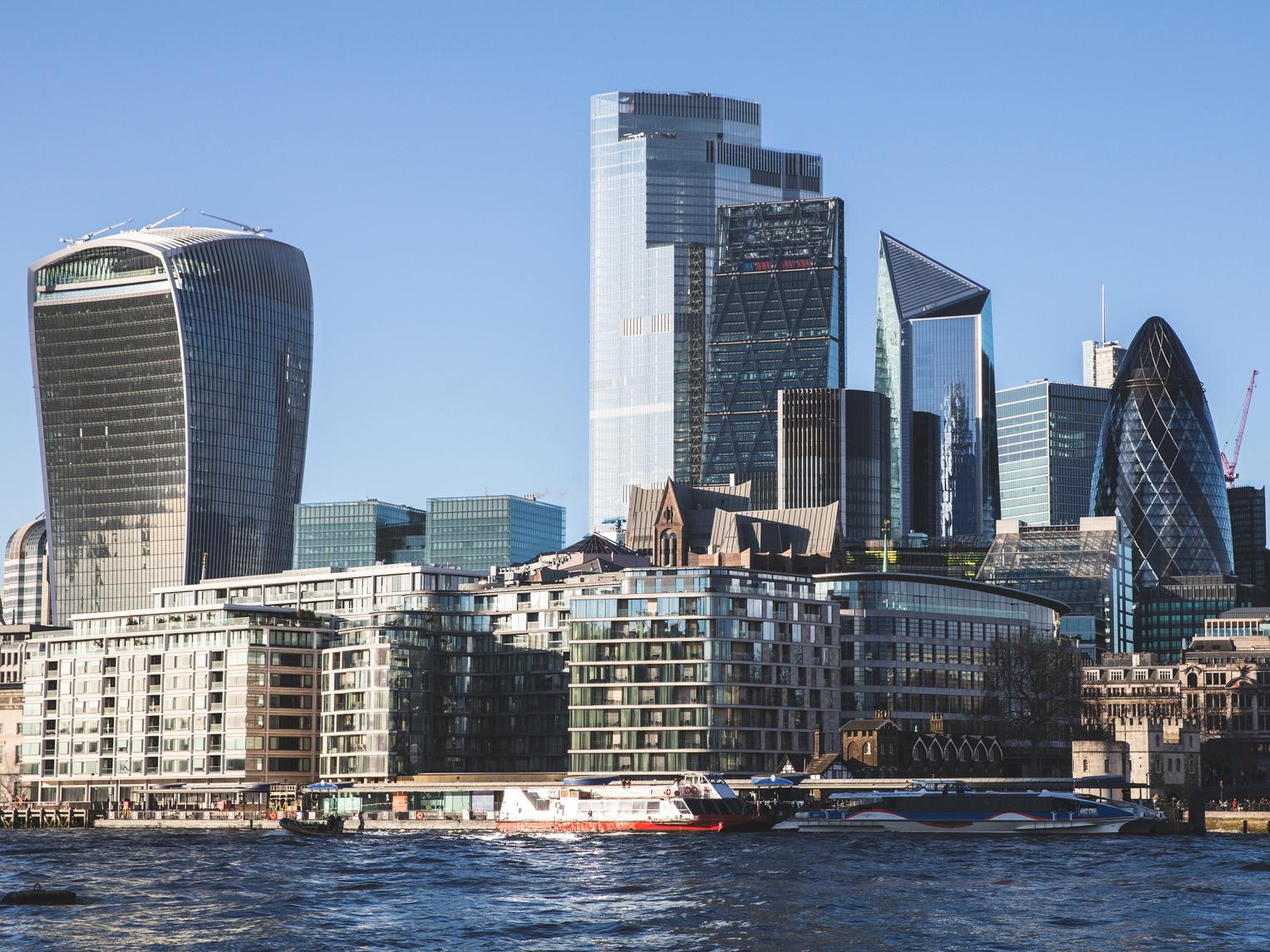Company dividends have fallen by an unprecedented amount but so has business investment. What next?
Link’s regular dividend monitor shows payments made by UK companies in the second quarter of this year were half the level they were a year earlier, writes James Moore


It’s the great Covid-19 dividend cull.
Payments fell by an unprecedented 57 per cent in the second quarter of the year, according to Link, a financial administration company which publishes a regular monitor.
That falls a bit if you take one-off specials, of which there were a lot this time last year, out of the equation.
But even after they are adjusted for, the combined payment on the UK market still fell by roughly half, with £16bn cut from the £32bn paid out over the same period last year.
A total of 176 companies cancelled theirs altogether, a further 30 instituted cuts. Combined that amounts to three quarters of the companies that pay them. Some 61 managed increases, which is an almost equally eye-opening figure if you care to consider the economic situation.
Those that would usually criticise this – fund managers, investor groups and the like – have largely been quiescent, even where the cuts have followed pressure from regulators.
There’s been little for those who use the phrase “shareholders dividends” as an expletive to complain about.
Of course, while the cuts might be unprecedented, so is the situation.
But the pressure for normal service to be resumed as soon as possible will be considerable. It’s already being quietly exerted.
There hasn’t been much sign of a wider conversation about the role and level of dividend payments as Britain, indeed the world, attempts to recover from the devastating blow the novel coronavirus, which remains virulent and highly active, has dealt.
Perhaps it should start.
Hand in hand with the Link data comes a survey of UK finance directors from Deloitte, the professional services firm. It spokes to 109, including 23 from the FTSE 100, and 45 from the second tier FTSE 250. This is no fly-by-night poll designed to secure a cheap headline.
They’re not expecting a quick bounce back, the much discussed V-shaped recovery, at least so far as it applies to their companies. Almost half (49 per cent) don’t expect demand for their own products and/or services to recover to pre-pandemic levels until after the second quarter of next year.
The impact on business investment, which has already slowed “dramatically” since the EU referendum, is likely to be profound, and unwelcome.
Almost two-thirds of CFOs (65 per cent) expect their capital expenditure to decrease over the next three years due to the Covid-19 pandemic or the UK leaving the EU. A quarter (25 per cent) attribute it to both.
To be fair, the survey found their expectations for dividend payments, and also share buybacks, are also running at close to their lowest level in 10 years.
But there is a feeling among some big investors that they’ve taken one for the team and the cheques had better start following soon. The level of entitlement that is often to be found in the City of London hasn’t gone away and you can bet they will be heard.
The word dividend shouldn’t necessarily be seen as an oath. It’s worth recalling that a lot of people’s pensions and/or pension schemes depend to a greater or less degree upon their payment. They aren’t all rich. To the contrary.
When they put their capital at risk for companies to be able to conduct their activities through pensions or other types of savings, then they should be rewarded for doing so.
At the same time, even before the coronavirus struck there were good reasons for critics to feel that the balance had been out of whack. The UK market has always been a generous payer by international standards. Dividends have arguably been prioritised at the expense of investment to the detriment of the British economy, but also to the detriment of British companies, for too long.
Regrettably, that doesn’t appear likely to change anytime soon.
Join our commenting forum
Join thought-provoking conversations, follow other Independent readers and see their replies
Comments
Bookmark popover
Removed from bookmarks